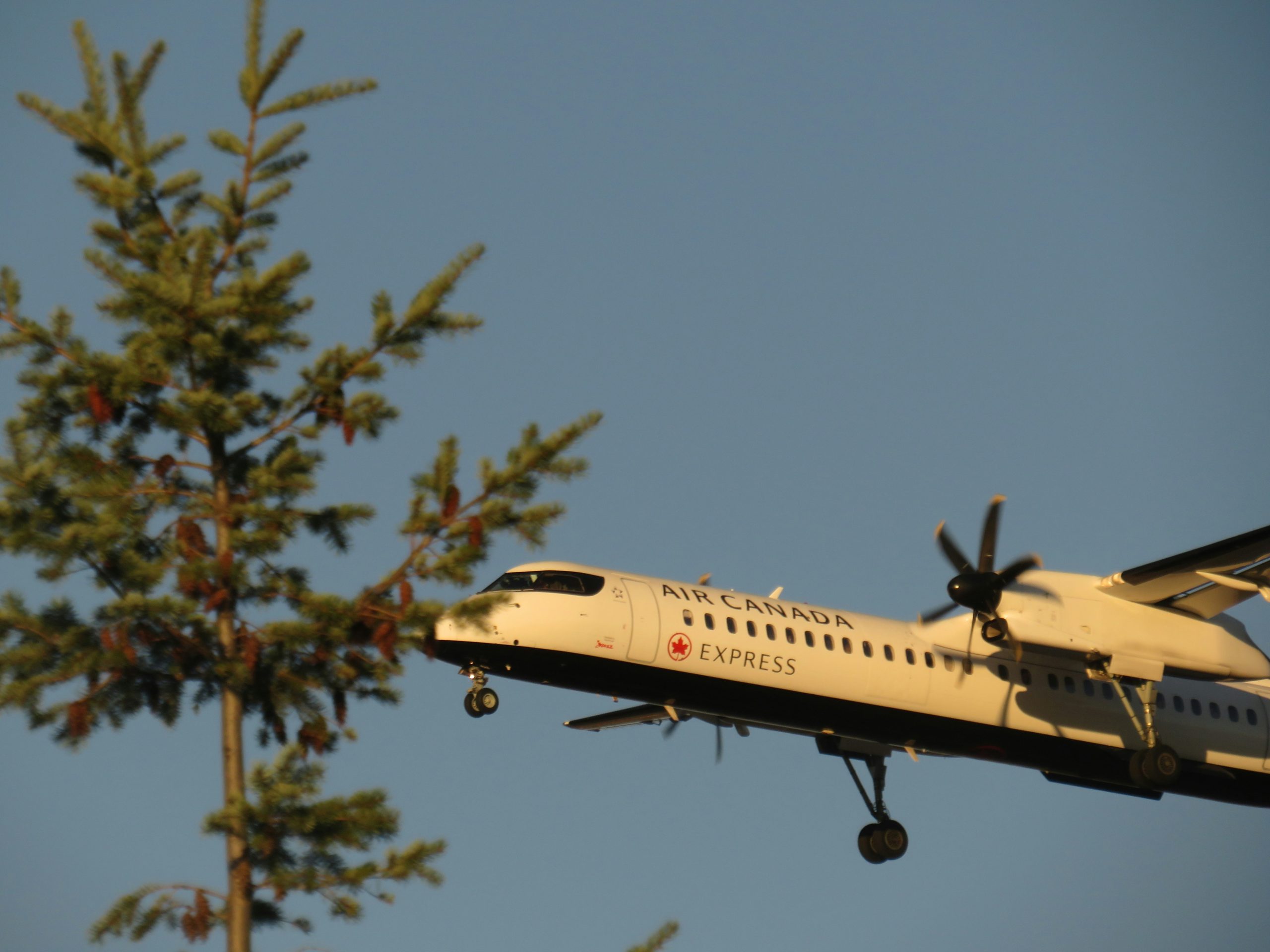Book in Advance: One of the golden rules of air travel is to book your tickets well in advance. Generally, fares tend to be lower when booked several weeks or months before the travel date. Aim to secure your tickets at least two to three months prior to departure for the best deals.
Consider being flexible with your travel dates, as this can have a significant impact on ticket prices. Consider flying during off-peak times, such as mid-week or late-night flights, as they often come with lower fares. Utilize flexible date search tools offered by airline websites or online travel agencies to compare prices across different dates.

Sign Up for Fare Alerts: Take advantage of fare alert services provided by airlines or third-party websites. Set up notifications for your desired route and receive alerts when prices drop or special deals become available. This allows you to pounce on discounted fares before they disappear.
Compare prices: Don’t accept the initial fare you come across. Instead, compare prices across multiple airlines and booking platforms to ensure you’re getting the best deal. Use comparison websites and booking apps to easily compare fares and find the most competitive options.
Consider Alternate Airports: Check prices for nearby airports in addition to your primary destination. Sometimes flying into or out of a different airport can result in significant savings, even after factoring in transportation costs to and from the airport.
Use Frequent Flyer Miles and Rewards: If you’re a member of a frequent flyer program or have accumulated travel rewards points, consider using them to offset the cost of your airfare. Redeem miles or points for discounted or even free flights, depending on your loyalty program’s terms and conditions.
Book Connecting Flights: While direct flights are convenient, they often come with a premium price tag. Opting for connecting flights, especially with longer layovers, can sometimes yield substantial savings. Just be sure to factor in the additional time and potential inconvenience of layovers.
Avoid Peak Travel Seasons: Traveling during peak seasons, such as holidays or school breaks, typically results in higher ticket prices due to increased demand. If possible, plan your trips during shoulder seasons or off-peak months when fares are generally lower.
Clear Browser Cookies: Some airlines and booking websites may track your search history and adjust prices accordingly. To prevent possible increases in prices, make sure to clear your browser cookies or utilize private browsing mode when searching for flights.
Negotiate or Haggle: In certain situations, particularly when booking through a travel agent or tour operator, it may be possible to negotiate a lower fare. Don’t be afraid to ask for discounts or inquire about any available promotions or special offers.

By implementing these expert tips and tricks, you can maximize your chances of finding affordable airfare and save money on your next flight. Remember to plan ahead, stay flexible, and explore all available options to secure the best deal possible. Happy travels!
